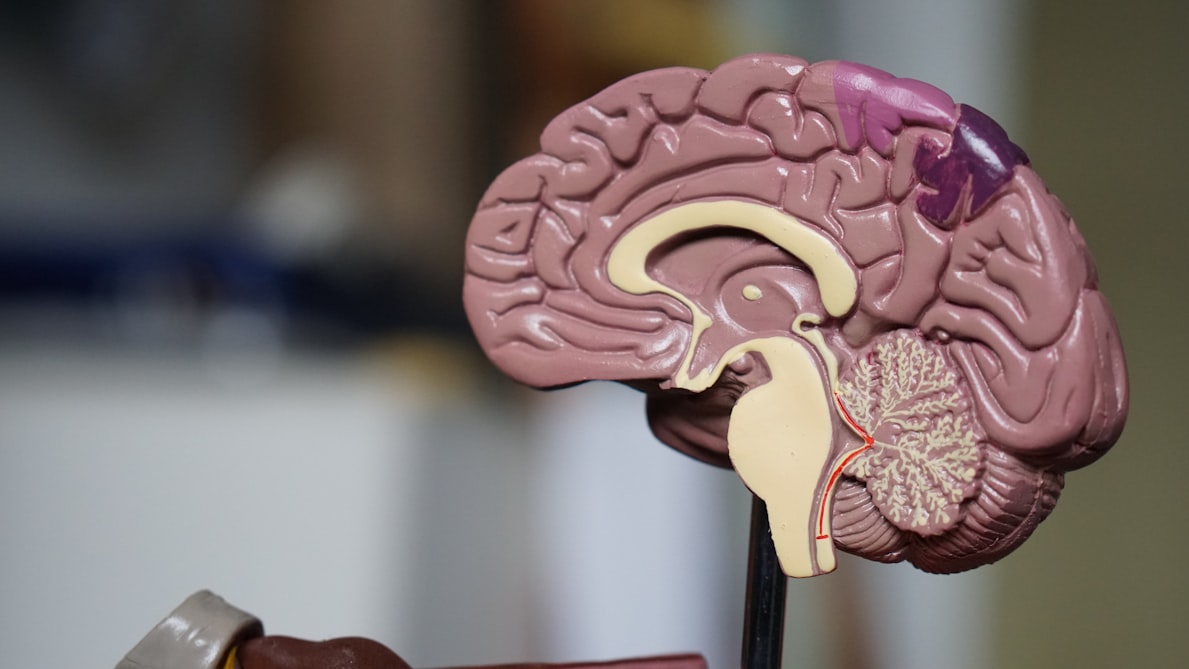What does stress do to appetite?
There are two ways stress affects how much we want to eat. In the short term, stress suppresses the appetite as the Hypothalamus (within the brain) releases corticotropin – a hormone. You also get a small spike of adrenaline which triggers the body’s fight-or-flight response - as a result, food is not the first thing on your mind.
However, if you remain stressed over a longer period of time, the adrenal glands (located on top of the kidneys) release a hormone called cortisol, which increases motivation, including the motivation to eat. After a stressful situation, cortisol levels should fall, but if stress levels don’t reduce (due to the nature of modern work), cortisol levels may stay elevated. This is when you’re most in danger of reaching for that sugary, filling treat.
Once ingested, sugary foods seem to influence parts of the brain that produce and process stress. As a result, we get some light and temporary relief, but there’s the key; it is, unfortunately, temporary.
What can be done?
In general, there are a few ways to reduce stress, but for the purposes of this blog we’ll separate them into lifestyle and nutrition:
Lifestyle:
- Meditate – The be all end all of your problems according to many people. However, they are onto something. Although a lot of studies have mostly focused on the effect of meditation on alleviating high blood pressure and heart disease, the process can also help you become more mindful of your food choices. Over time, you should be able to pay better attention to the impulse to reach for the carb-rich foods.
- Exercise – Low intensity exercise seems to reduce cortisol levels to a certain extent. Yoga, Tai Chi, or even just a simple walk can help alleviate the desire to seek comfort food.
- Socialise – Visiting friends or relaxing with others has a positive effect on the amount of stress people experience. According to Harvard Health Publishing, ‘researchers have found that the mental health of people working in stressful situations, like hospital emergency departments, is better if they have social support’.

Nutrition:
- Eat regularly – Eating a balanced diet is key to helping our bodies manage the physiological changes caused by stress. Since the adrenal glands function is significantly influenced by blood sugar levels, the aim of any diet should be to stabilise the level of sugar in the blood. Eating regularly helps do this.
- Eat healthy fats – We’ve gone on about this a lot before, but healthy fats are truly worthwhile. Omega-3 fatty acids in particular are associated with brain function. Not getting enough can cause depression or anxiety. Read more about the benefits of Omega-3 fatty acids here where we also go into what the best food sources for them are.
- Get your veggies in – Foods high in vitamins and minerals, most often vegetables, help to neutralise harmful molecules produced when the body is under stress. Leafy greens are especially good for this, and other foods containing the likes of zinc, copper, manganese and Vitamins A, E and C.
- Eat high fibre foods – High fibre foods not only satiate your hunger for longer, but are also associated with greater alertness and decreased perceived stress. Oatmeal, nuts, or beans are a good addition to your diet in this regard.
- Sleep is better than having more caffeine – Caffeine increases blood pressure and may make you feel anxious and, in turn, stressed. By getting more sleep, you’ll feel less of a need to drink caffeine to compensate.


